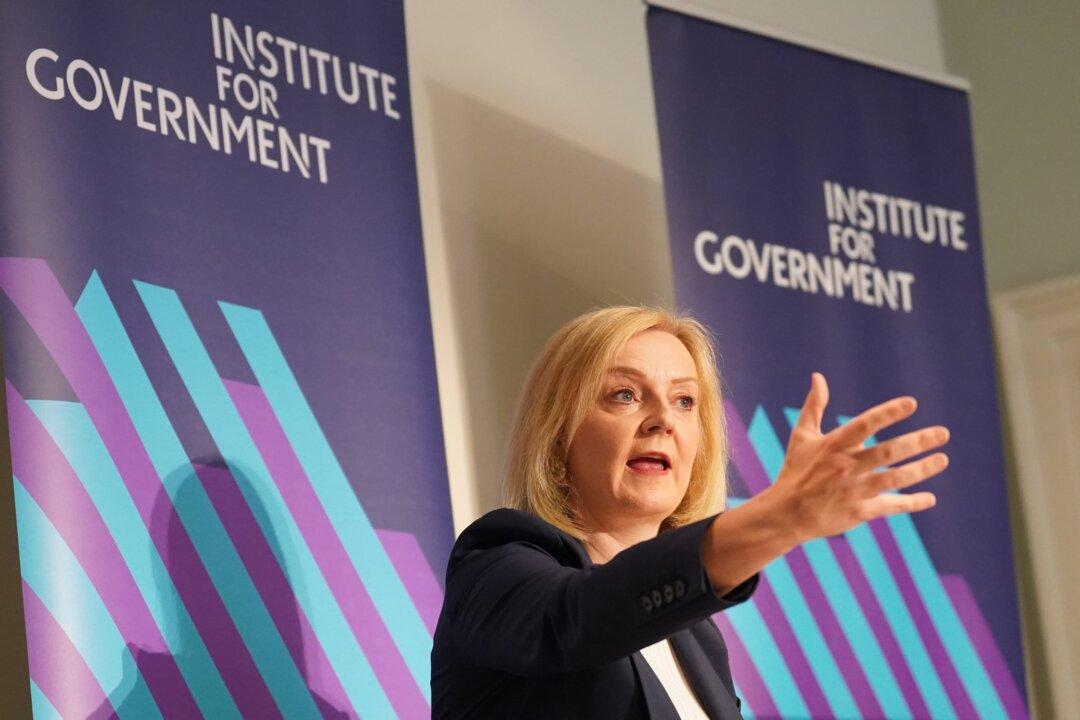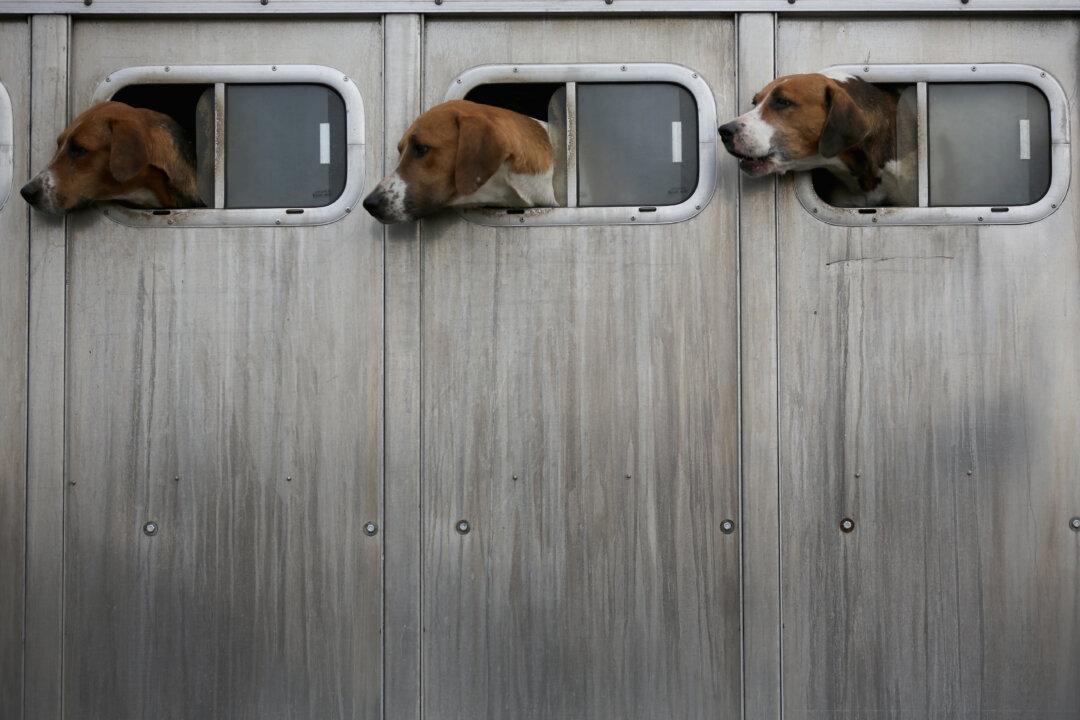Former Prime Minister Liz Truss has urged Rishi Sunak to cut taxes, while defending her economic policies and emphasising the need for further tax reforms to foster a business-friendly environment and enhance the UK’s appeal to investors.
One year on from her ‘mini-budget,’ during her short tenure as prime minister, Ms. Truss claimed that she had been hampered at the time by a “powerful force comprising the economic and political elite, corporatists, parts of the media and even a section of the Conservative parliamentary party.”





